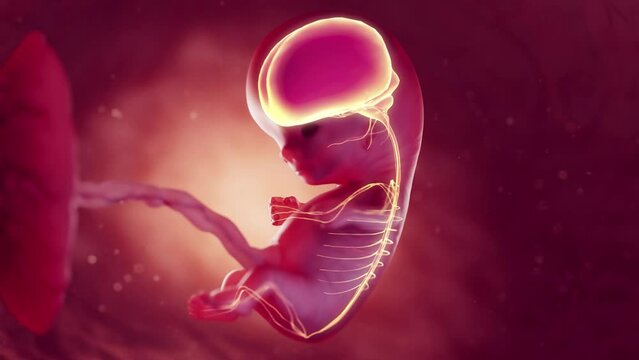Embryology is similar to watching a tiny seed grow into a beautiful flower!
Embryology is the scientific study of the development of an embryo from fertilization to the early stages of fetal development. It plays a crucial role in fertility procedures and IVF treatments. Karly detection and appropriate interventions can significantly improve the chances of successful conception and family planning
Embryo Selection
Embryologists assess embryos for their quality and developmental potential. This information can help fertility specialists choose the most promising embryos for transfer, increasing the chances of a successful pregnancy.
Preimplantation Genetic Testing (PGT)
Embryology techniques can be combined with PGT to screen embryos for genetic disorders before transfer. This can help couples reduce the risk of having a child with a genetic condition.
Embryo Freezing
Embryologists are skilled in freezing embryos for storage, allowing couples to preserve embryos for future attempts at pregnancy or for genetic testing
Monitoring Embryo Development
Embryologists closely monitor the development of embryos in the laboratory to ensure optimal conditions for growth
Research and Development
Embryologists contribute to research and development in the field of fertility, helping to improve IVF techniques and increase success rates.
The Role of Embryologists in IVF
Embryo Assessment
Embryologists evaluate embryos based on their appearance, cell division, and other factors to determine their viability.
Embryo Transfer
Embryologists perform the delicate procedure of transferring embryos into the uterus.
Cryopreservation
Embryologists are experts in freezing and thawing embryos for storage.
Genetic Counseling
Embryologists may collaborate with genetic counselors to provide information about genetic testing and the potential risks associated with certain conditions.
Advancements in Embryology
Time-lapse imaging
This technology allows embryologists to monitor the development of embryos in real-time, providing valuable insights into their growth and quality.
Improved cryopreservation techniques
Advances in freezing and thawing techniques have increased the success rates of embryo freezing and transfer.
Genetic engineering
While still in its early stages, genetic engineering may have future applications in fertility treatments, allowing for the correction of genetic defects in embryos



